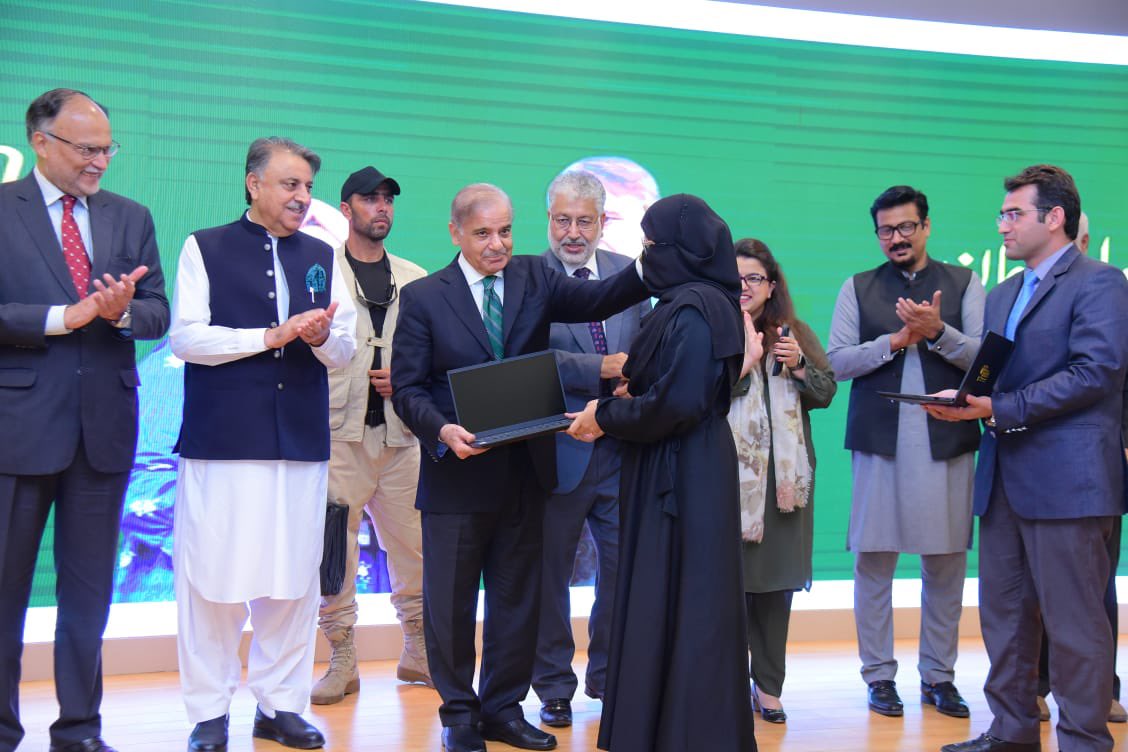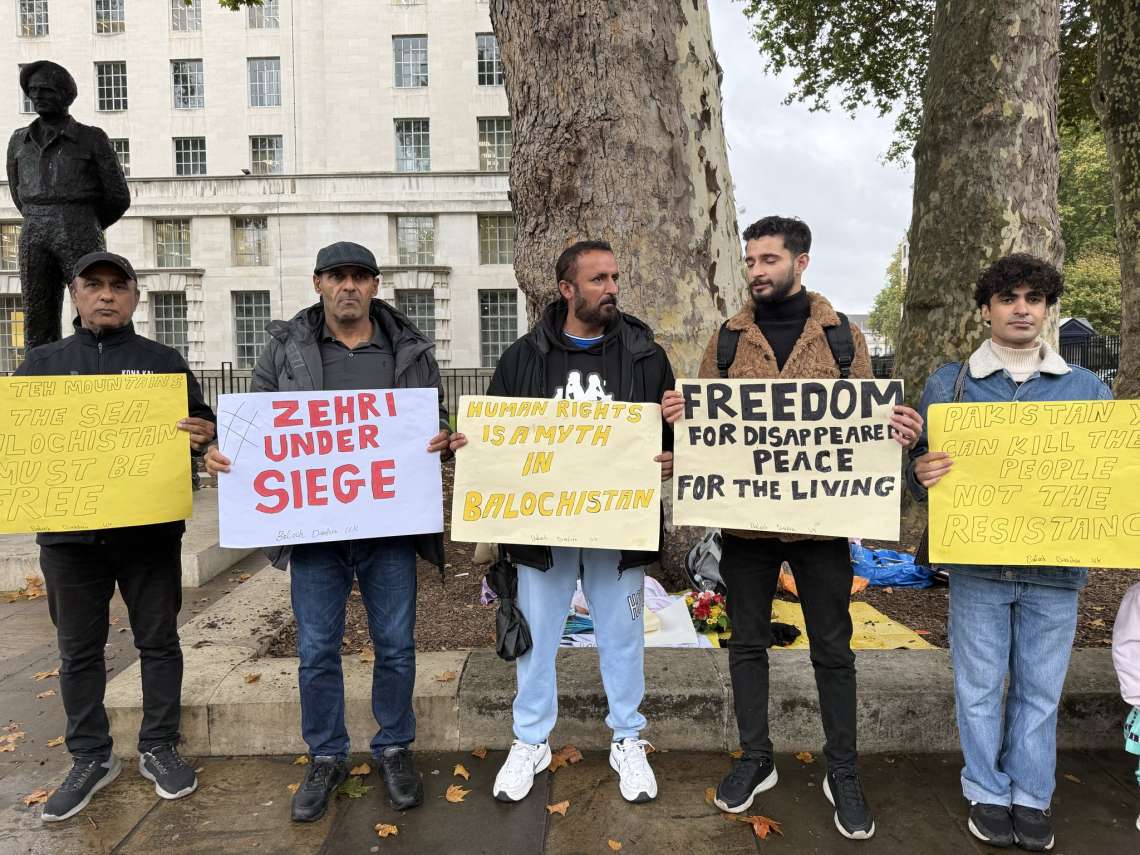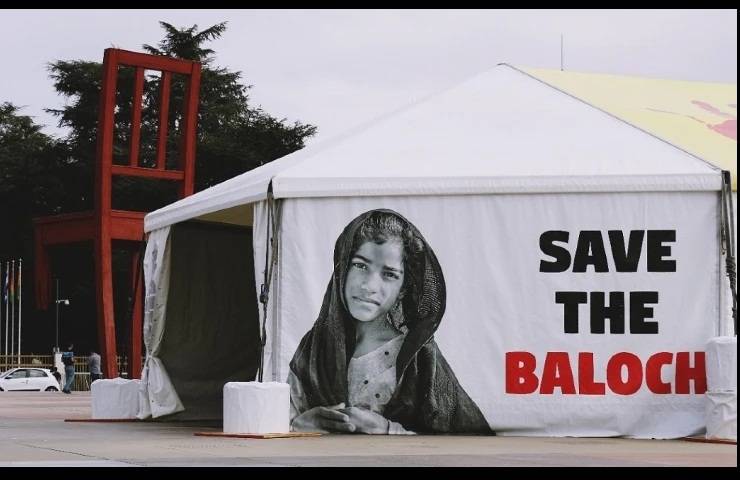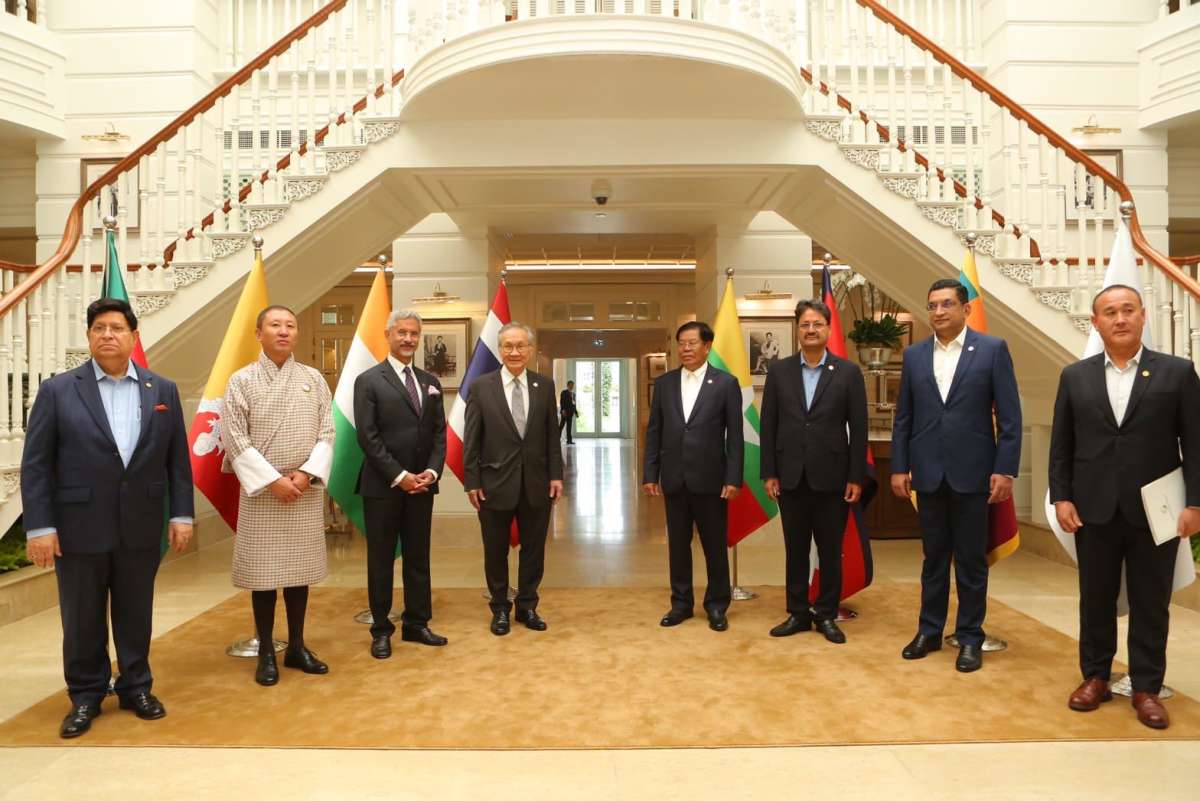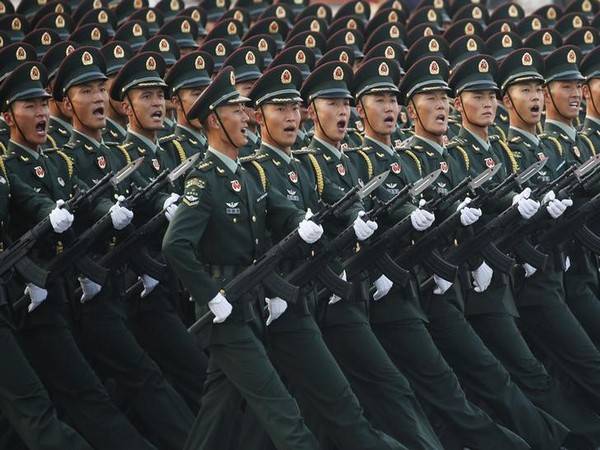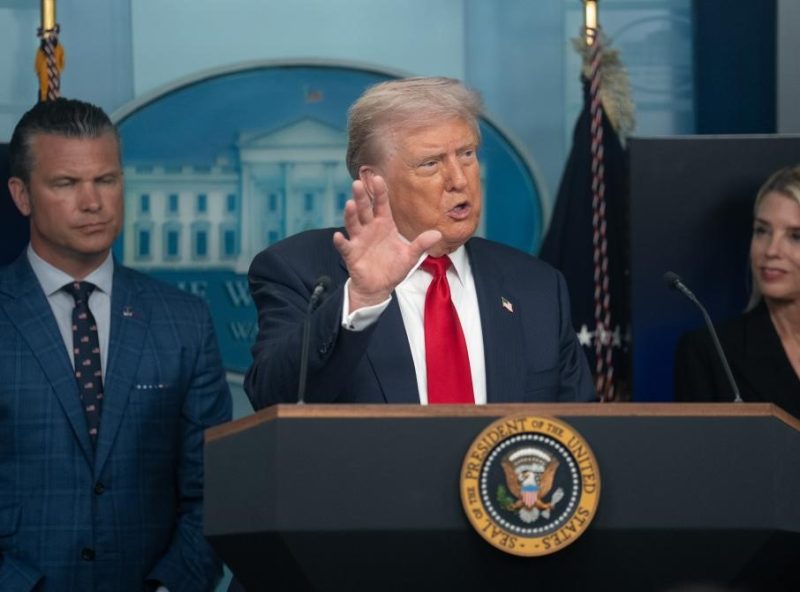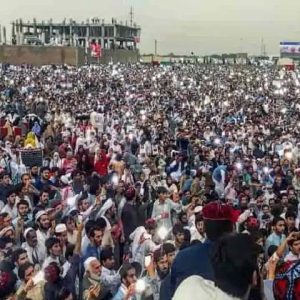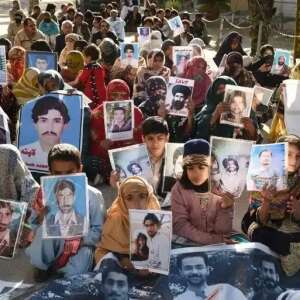The prime minister also criticised the slow progress on the Gwadar port project, being built by China for maritime and naval use. …reports Asian Lite News
In a passionate speech in Balochistan on Thursday, Pakistani Prime Minister Shehbaz Sharif said that Balochistan, the country’s largest and poorest province, has faced criminal negligence. Sharif was on a visit to the alienated south-western Pakistani province to inaugurate development projects, in a region that has one of the worst human development indices in the world.
Sharif, who like all mainstream Pakistani politicians is keen to exploit the vast natural resources of Balochistan, urged the Baloch community to support foreign investors instead of attacking them.
In a tweet, Sharif said: “Despite sporadic attempts here and there, Balochistan has been a victim of our collective neglect. The province has not progressed at par with other federating units, which is a shame”.
He took the opportunity to blame the Imran Khan government for damaging relations with foreign countries, particularly China. Sharif highlighted that the Chinese halted work on the China-Pakistan Economic Corridor (CPEC) due to disinterest by the previous government and also due to attacks on Chinese nationals. Besides blaming the previous government for the under-developed and poverty-ridden conditions of the Baloch, he also lamented the deadly attacks on Chinese nationals working on the massive transport corridor and infrastructure project.
The prime minister also criticised the slow progress on the Gwadar port project, being built by China for maritime and naval use. Sharif also highlighted how the Gwadar Export Zone had languished due to which the country was unable to conduct trade through the Gwadar port. He, however, did not mention that the Gwadar port faces mass opposition, where local people had organised protests and sit-ins for the past many years.
Pakistani Chief of the Army Staff (COAS), General Asim Munir too was present during Sharif’s address along with other military officers–a clear indication that the Army and the Sharif government were working hand in glove. In fact Gen. Munir had recently paid a visit to China, where the well-being of CPEC and security for Chinese nationals was bound to have been discussed.
The Baloch community has been resisting Pakistan and China’s collaborative attempts to mine resources – gas, coal, copper and gold – from their province. Their demands for more rights and autonomy over their resources has turned into a deadly conflict between various armed organisations and the Pakistani Army.
The Baloch have been battling large-scale violation of human rights by Pakistani armed forces. This includes forcible abductions, custodial killings, torture and Death Squads. The masses also have been at the receiving end of military campaigns that involve the use of drones, helicopter gunships as well as aerial attacks.
A Baloch expert told India Narrative that Balochistan was not part of Pakistan, therefore, “any foreign country willing to invest in Balochistan should undertake such an initiative only after Balochistan is liberated”. He requested foreign investors not to invest in war-hit Balochistan because their investments would get impacted due to the conflict.
In repeated attacks in June, armed rebels set fire to dozens of trucks ferrying coal from Balochistan to Punjab. Even the Baloch women have joined the nationalist struggle. At least two women from the Baloch Liberation Army (BLA) have committed suicide bombings – one against the Confucious Institute killing the Chinese director and two other teachers, and the second one against a military convoy carrying senior Pakistani officers.
The opposition to Pakistani projects in Balochistan is being noted as far as Canada, where the mining giant Barrick Gold’s copper and gold project in a conflict-ridden Balochistan is being questioned.
(The content is being carried under an arrangement with indianarrative.com)


